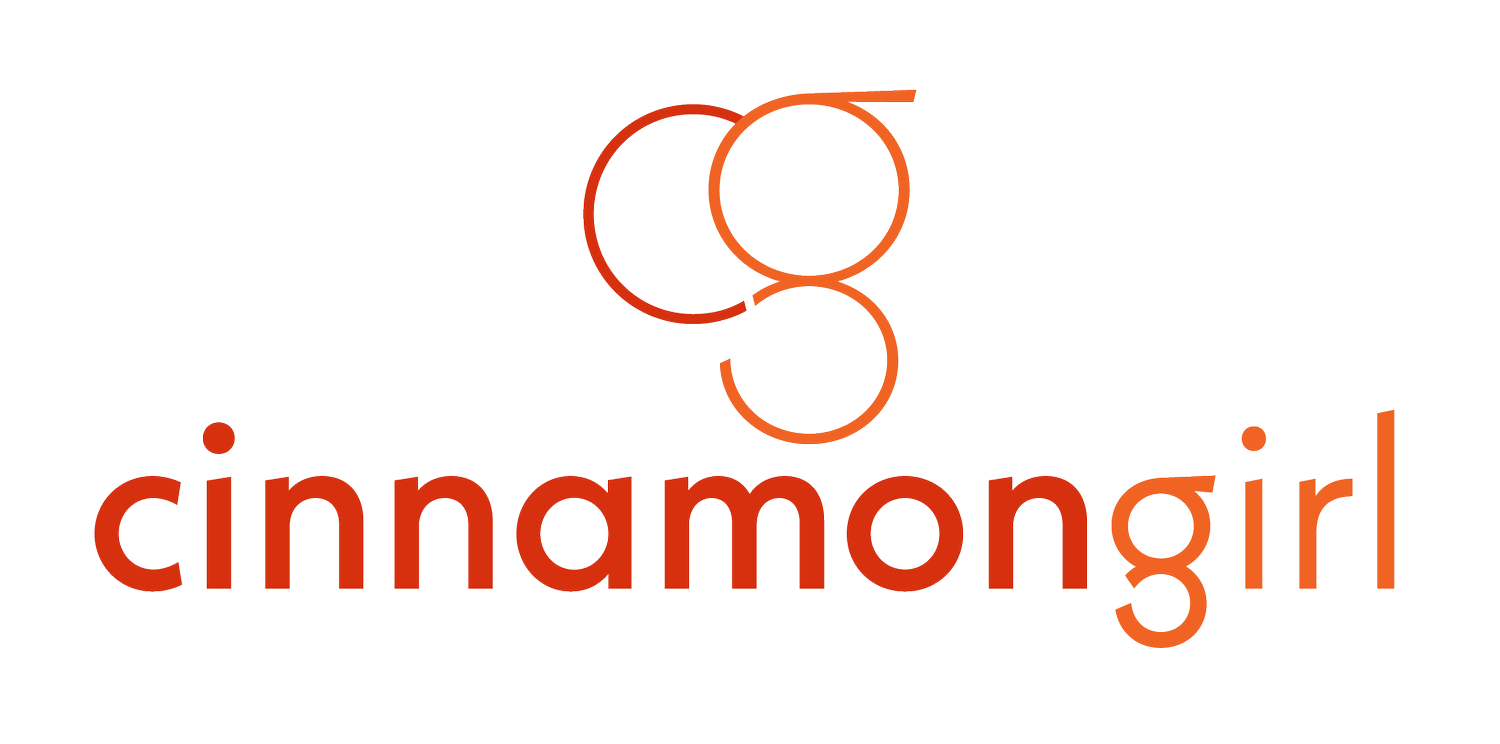Cinnamongirl Volunteer Spotlight: Misa Sugiura
Q: How did you learn about Cinnamongirl, and what inspired you to initiate the peer fundraiser you hosted for the organization and other BLM organizations?
I first learned about Cinnamongirl when I was invited to participate in an interview co-hosted by Cinnamongirl's Write Your Story program and the Bay Area Book Festival in 2020. I was so impressed with Jasmine, my interviewer, that I went to the Cinnamongirl website to learn more about Write Your Story—and I fell in love with it. When the BLM movement took off last June, I decided to challenge myself and others to offer more than just verbal support by giving money to support Black-led community and social justice organizations. Cinnamongirl was the obvious first choice for me as a writer and woman of color in the Bay Area.
Q: You're an accomplished author, mom, wife. You don't have a lot of extra time so what inspired you to volunteer?
So many good things have come my way because of my life circumstances and the hard work, generosity, wisdom, and connections of my parents, my teachers, and my mentors. People like me, who have been given so much support and so many advantages to help us succeed, have a duty to do what we can to provide that support and those advantages to others so that they, too, can succeed.
Q: What do you do for Cinnamongirl?
Last year I had the great pleasure and honor to do a writing workshop with the Cinnamongirl Write Your Story cohort, and for the past several months, I've worked with Donna Ricketts to create content for the Cinnamongirl newsletter.
Q: Tell us about your latest book, Love and Other Natural Disasters?
What's it about? Love & Other Natural Disasters is the story of Nozomi, a seventeen-year-old girl who is a hopeless romantic and an eternal optimist. After a brutal romantic rejection, she's determined to use her summer in San Francisco to re-make herself and prove to the world (and to herself) that she’s worthy of the romance of her dreams. .When she meets a gorgeous girl (Willow) who’s coming off a painful breakup, Nozomi sees a perfect rom-com fake dating opportunity and jumps on it, knowing that in movies and books, the fake couple becomes real in the end. But as Nozomi’s plans to construct her romance slide from one disaster to the next, she learns that you can’t always control where love will take you.
Q: Tell us about your favorite characters in the book and why you felt these characters were necessary?
One of my favorite characters is Nozomi's grandmother, Baba. She used to have a close relationship with Nozomi, but who is homophobic and now has dementia. I didn't want to make homophobia a central issue of this LGBTQ book, but I did want to acknowledge one of the realities that many queer kids must contend with. To me, Baba personifies one of the central problems in the book: What do we do when the people we love can't love us back the way we want? What does an open, honest, mutually loving relationship look like?
All of my characters are people of color, and there are three important LGBTQ relationships in the book. I think it's important to normalize and center people and relationships that have been historically excluded and erased from "mainstream" stories.
Q: This is your third book. Tell us about being a Young Adult author and is it tough to write for this group?
The biggest challenges that adults face when writing for teens are getting in the teen mindset; writing in a voice that teens will recognize as authentically teenagerish; and being able to address important life issues without getting preachy. Luckily for me, as a former high school English teacher, I spent years learning how to talk about complex, abstract ideas in a way that would engage teens, and I spent countless hours listening to them talk about their daily lives, and the things that were important to them.
Q: Your book is about young love and relationships during a time when we are living through a heavily divided world on race, class, identity, politics, religion, etc. What can be done to bring us all together?
I think that one of the best things we can do is listen to each other and be open and ready to learn and change. And while we absolutely need uncompromising speech-givers and standard-bearers to lead the way, it's important to remember that not everyone wants to hear a speech about why we are right; the small, day-to-day, two-way conversations are just as important, if not more.
Q: Speaking of togetherness, can you share a fun pastime that brings the generations together? Many of our readers are looking for cool, easy ways to spend time this summer.
This may sound hopelessly old-fashioned, but my two teenage boys love playing Monopoly and poker, so if I want some unplugged family time, I can often get them off their screens by offering to play one or the other. We've also enjoyed playing app-based games like Heads Up! and Skribbl over Zoom with my parents and my brother's family (his kids are 7, 10, and 12).


